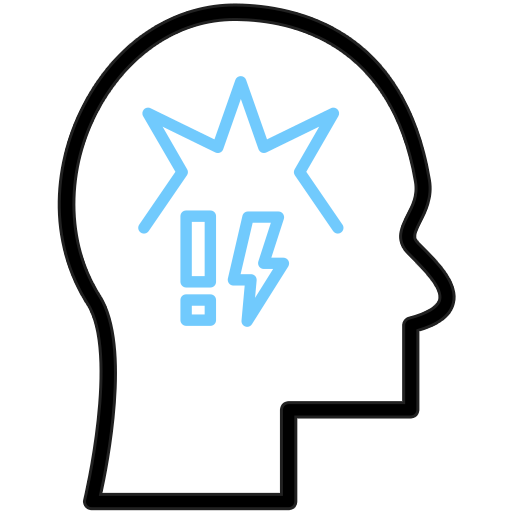Co-occurring disorders, also called dual diagnosis, happen when someone has both a mental health disorder and a substance use disorder. These conditions often interact, making treatment complex. Understanding how these disorders develop, their symptoms, and the risks involved is key to finding the right treatment.
When mental health issues occur with substance use disorders, the combination can worsen both conditions. Effective treatment involves addressing both issues together. This guide explores how to recognize, diagnose, and treat these disorders.

















